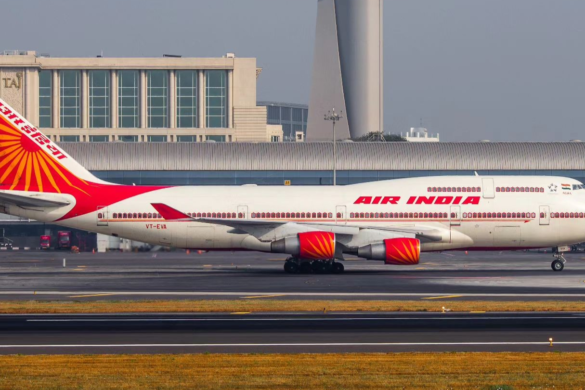Air New Zealand is grappling with significant operational challenges as it continues to face delays in the ungrounding of its Boeing 787 fleet. CEO Greg Foran has stated that the airline is likely to experience these disruptions for at least two to three more years due to ongoing engine maintenance issues. The challenges are compounded by supply chain disruptions, which are expected to persist well into the future, further straining the airline’s operations.
Currently, four Boeing 787 Dreamliners remain grounded, impacting the airline’s ability to operate at full capacity. The grounding of these aircraft has led to the suspension of direct flights to Chicago (ORD), one of Air New Zealand’s key international routes. The airline’s issues primarily stem from problems with the Rolls Royce Trent 1000 and Pratt & Whitney engines, both of which are critical components for the Boeing 787. These engine maintenance problems have proven to be more persistent than initially anticipated, contributing to the extended grounding period.
In an effort to manage the crisis, Foran recently conducted a week-long international tour to meet with industry leaders, including executives from ATR, Airbus, and other key aircraft manufacturers. This tour was aimed at addressing the operational challenges faced by the airline and exploring potential solutions. The airline is working closely with engine manufacturers Rolls Royce and Pratt & Whitney to resolve the issues, though progress has been slower than expected.
The operational disruptions are costing Air New Zealand an estimated $150 million annually, significantly impacting its financial performance. The airline has been forced to adjust its flight schedules and capacity, which has resulted in fewer available seats for passengers and a reduction in its overall operational efficiency. While the airline is actively working on solutions, the full resolution of these issues remains uncertain, with experts predicting that Air New Zealand could continue to face these challenges for the next two to three years.
These ongoing difficulties are putting additional pressure on Air New Zealand’s ability to meet passenger demand, particularly as the global aviation industry recovers from the pandemic. As the airline seeks to navigate these hurdles, it is also working on long-term strategies to bolster its fleet and address maintenance and supply chain issues, ensuring that it can maintain its competitive position in the international market.
In the meantime, Air New Zealand is prioritizing its most profitable routes and continuing to explore ways to mitigate the impact of these operational disruptions. However, as the airline works through the extended grounding of its Boeing 787 fleet, it remains uncertain when full recovery will be achieved. Foran’s leadership and ongoing collaboration with key stakeholders will be critical in helping Air New Zealand overcome these setbacks and return to full operational strength.

